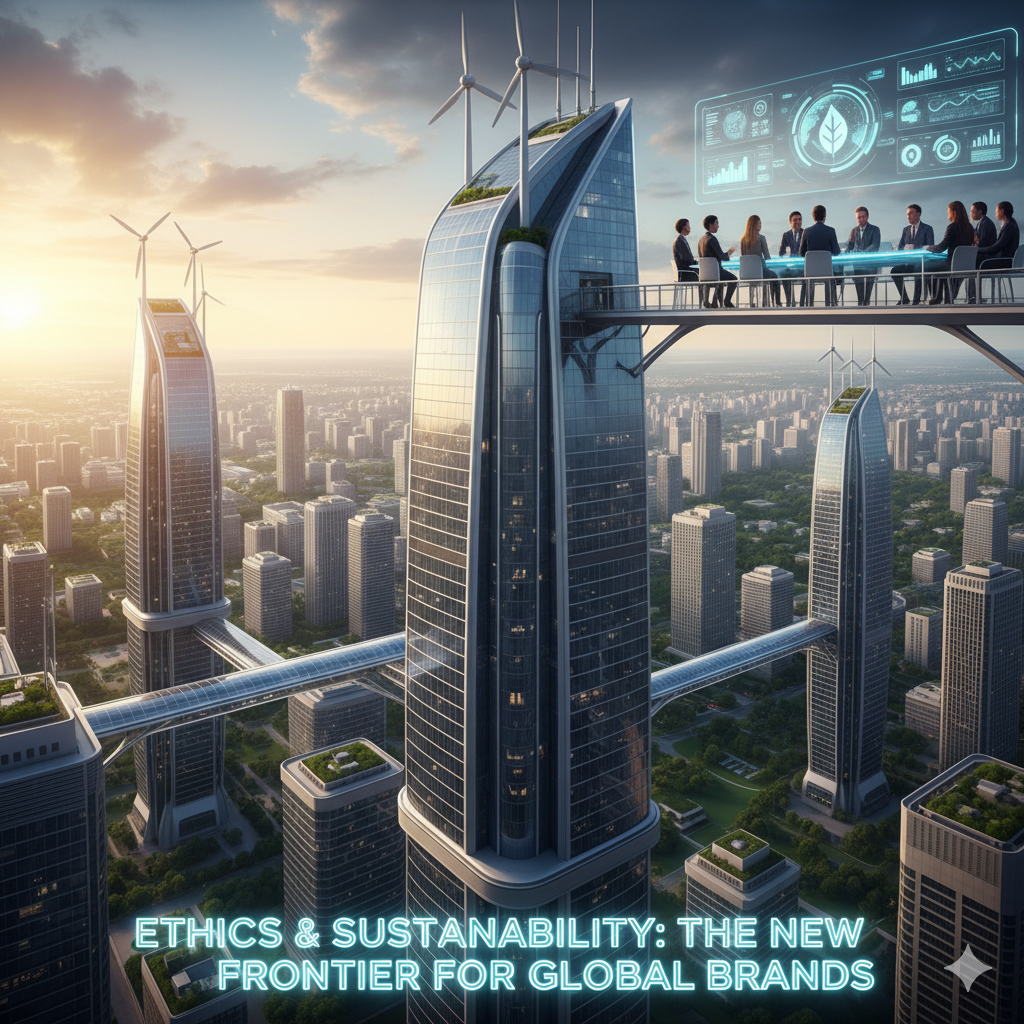Welcome to Day 16 of our 100 Days to Business Success Series!
In today’s world, customers don’t just buy products — they support brands that stand for something.
That’s where Corporate Social Responsibility (CSR) comes in.
For large businesses, CSR isn’t just philanthropy — it’s a strategic tool for building trust, improving reputation, and strengthening long-term brand value.
Let’s explore how global corporations use CSR to make a difference — and why it matters more than ever.
1. What is CSR (Corporate Social Responsibility)?
CSR is a company’s commitment to operate ethically and contribute to economic, social, and environmental sustainability.
This can include:
- Reducing carbon emissions
- Supporting education or healthcare
- Promoting fair trade practices
- Empowering local communities
It’s about creating profit with purpose.
“Doing good is not just good ethics — it’s good business.”
2. Why CSR Matters for Large Businesses
Consumers today are informed, conscious, and values-driven.
They prefer brands that align with their beliefs.
CSR helps companies:
- Build trust and loyalty
- Differentiate from competitors
- Attract top talent who value purpose-driven work
- Gain investor confidence
A strong CSR strategy turns corporations into leaders of change — not just market leaders.
3. Examples of CSR Done Right
Here are some global giants leading the way:
- Unilever – Focuses on sustainability through its “Unilever Sustainable Living Plan.”
- Patagonia – Donates a portion of profits to environmental causes.
- Google – Invests heavily in renewable energy to power data centers.
- Tata Group (India) – Known for long-standing social initiatives in education, health, and rural development.
These examples show how CSR enhances both brand reputation and impact.
4. CSR and Employee Engagement
CSR programs also improve employee morale and retention.
When staff see their company contributing to a cause, they feel proud and motivated.
Encouraging employee volunteering or matching charitable donations fosters team spirit and social consciousness.
5. CSR as a Marketing and PR Advantage
Brands that integrate CSR authentically often gain positive media coverage and stronger public relations.
But the key word is authentic.
If CSR is done just for publicity, it can backfire — customers can spot insincerity instantly.
Real CSR is about action, transparency, and long-term commitment.
6. Measuring CSR Impact
Large businesses track CSR outcomes using:
- Sustainability reports
- Environmental, Social, and Governance (ESG) metrics
- Stakeholder surveys
Measuring results helps companies prove that their initiatives make a genuine difference.
7. The Future of CSR
In 2025 and beyond, CSR is evolving into Corporate Responsibility 2.0 — focused on innovation, sustainability, and inclusivity.
Companies are now addressing:
- Climate change
- Ethical AI
- Diversity and inclusion
- Global supply chain transparency
The next generation of consumers expects companies to lead with conscience.
Conclusion
Corporate Social Responsibility isn’t just about giving back — it’s about building forward.
When a company aligns profit with purpose, it creates impact that goes beyond business.
“Brands that care today will be the brands customers trust tomorrow.” 🌍




